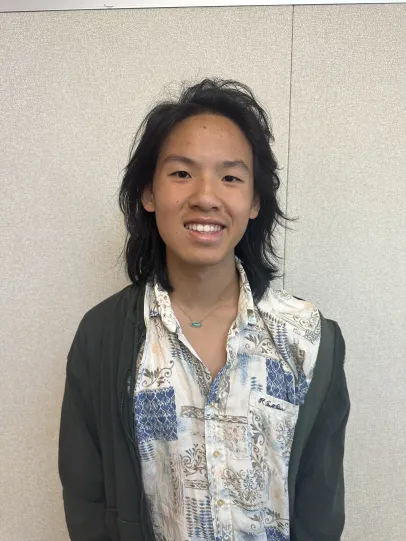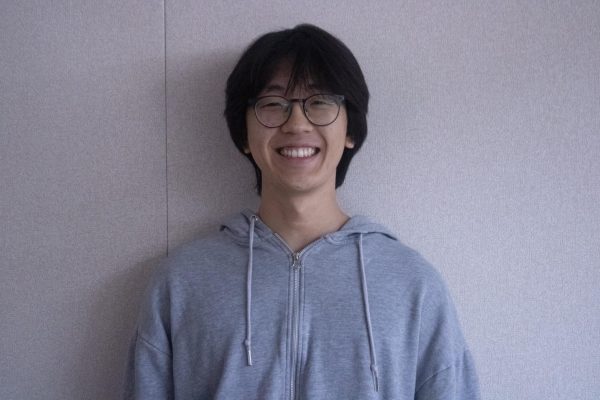For many Dublin High School seniors, it’s the most dreaded time of the year and the most pivotal to their high school careers: college admissions season. As students spend countless hours on platforms like the Common App and UC Application, college essays and Ivy League dreams in hand, it can feel both exciting and overwhelming to look towards the future.
Indeed, reflecting one’s entire high school career in an application that can be printed out in less than 20 pages may already be a daunting enough experience. Yet as students across the country and on-campus face differing access to resources and exposure to stress throughout the application process, it becomes even more important to examine the equity of the college applications process in order to give every student a fair chance at succeeding at their goals.
First, besides the emotional implications of college applications, one of the most difficult parts of the process is the sheer complexity and difficulty of the application itself. In order to provide a holistic look at a student’s high school career, colleges require that students send in specific information about their schools and academics, such as class sizes, course names as listed exactly on their transcripts, etcetera. This is not to mention the lengthy application essays required in order to apply to different schools. While the depth of the application process may enable admissions officers to consider more factors in their adjudication, the time commitment necessitated by college applications may hinder students from applying altogether, particularly those who grapple with financial or familial responsibilities at home.
This gap in equity is only furthered by the presence of paid college counseling, in which students are able to seek insight from admissions experts. Importantly, these services are usually only available for a steep price, furthering the accessibility gap in college applications. Summer Shi (12) comments, “college counselors can tell you exactly what to do to maximize your chances at getting into college—whether that be through giving advice on how to study for standardized tests or what extracurricular activities you should invest your time into. For those who do not have access to a counselor, navigating high school can be close to impossible.”
Beyond the difficulty barrier of college applications, the emotional implications of college applications can be problematic for student mental health. In schools with high-achieving student bodies, like DHS, college admissions and decisions can perpetuate a culture of stress and competition. Sierra Wong (12) tells the Shield, “I think I have made it through college applications relatively unscathed, though I can note quite a few low points during the heavy parts of the application season. For me, a lot of it came from feeling like no matter what I did it would never be enough, kind of the futility of the whole situation.” Continuing on to describe how the application process has affected her peers, Wong states, “For many, it feels like the college you go to determines your whole life, even if it truly doesn’t. Then, when you hear about all the things that people have done, the activities, awards, classes, on and on it suddenly makes you feel like you have left much to be desired, that you are subpar.” As seniors’ college admissions results become tied to their identities, imposter syndrome and a fear of failure can make the once exciting prospect of university seem intimidating and inaccessible. Facing a competitive application culture on-campus, under-resourced students may be further discouraged from applying to the schools they dream about.
Still, despite the distinct holes in accessibility within the college application process, there are steps that can be taken on-campus in order to fight such inequities. In fact, some of these processes have already begun. One admirable initiative towards accessibility is the college editing service offered by Dublin High teachers. In giving students the chance to receive essay feedback from faculty free-of-charge, the program is able to lessen the gap between students who pay for college counseling services and those who don’t, creating a more equitable application process. Indeed, on-campus efforts like these have room to expand even further; individual counselor meetings to discuss applicant profiles and more class time dedicated to essay writing could reduce application anxiety, providing insight to students who do not receive outside college support in particular.
Like admissions themselves, the college application process is in no way perfect. That being said, if action is taken to increase accessibility for all Dublin High School students, perhaps the dreaded personal statements and PIQS will become less frightening and more exciting.





































